Introduction
The appeal of a global player base is clear: more markets mean more users and higher revenues. But in online gambling, legal compliance isn’t optional—it’s your survival strategy. Different countries enforce varied regulations, licensing structures, and marketing restrictions, making cross-border expansion complex yet essential for scalable growth.
Understanding licensing frameworks, tax obligations, and local compliance will help you operate your online casino legally across multiple countries and avoid expensive legal pitfalls.
1. Choose Your Primary Licensing Jurisdiction
Your main gaming license acts as the legal backbone of your casino operations. Some licenses allow broad international marketing, while others are more geographically restrictive.
Popular Multi-Market Licenses:
- Curacao eGaming: Affordable, fast setup, covers many unregulated regions globally.
- Anjouan License (Comoros): Emerging as a cost-effective, accessible option for global operators.
- Malta Gaming Authority (MGA): Recognized across the EU, with strict compliance standards.
- Kahnawake Gaming Commission: Flexible for North American markets.
- Isle of Man: Premium license offering reputational strength and financial stability.
Considerations When Choosing:
- Reputation and player trust
- Access to payment providers and banks
- Renewal and reporting requirements
- Target market acceptance of the license
Pro Tip: Starting with Curacao or Anjouan can offer faster international access, with plans to upgrade to MGA or the Isle of Man as your casino scales.
2. Understand Local Laws in Target Markets
Holding a license doesn’t automatically allow you to target players everywhere. Many countries classify online gambling differently:
- Regulated Markets: Require a local permit (e.g., UK, Germany, Spain).
- Grey Markets: No specific laws; a foreign license may suffice (e.g., Canada, India, Japan).
- Black Markets: Strictly prohibited, often with ISP blocking (e.g., UAE, North Korea).
Steps to Assess Legal Access:
- Research gambling laws for each target country.
- Review advertising restrictions.
- Confirm acceptable payment methods (e.g., crypto, e-wallets).
- Consult local legal experts if unsure.
Important: Never target black markets without explicit permission.
3. Manage Taxes and Corporate Structure
Operating globally means dealing with complex tax regulations and corporate structuring.
Recommended Practices:
- Register your holding company in a tax-friendly jurisdiction.
- Establish operating subsidiaries in key markets as needed.
- Use experienced iGaming accountants to handle cross-border VAT, corporate tax, and player winnings taxes.
- Some jurisdictions, such as Malta and the Isle of Man, offer favorable tax rates for gaming companies.
4. Secure Regional Licenses for Regulated Markets
If targeting heavily regulated markets, you may need secondary or regional licenses:
- UK Gambling Commission (UKGC): For targeting players in the UK.
- Ontario (AGCO License): Required for Ontario, Canada.
- Swedish Gambling Authority (Spelinspektionen): For Sweden.
- New Jersey Division of Gaming Enforcement: For New Jersey, USA.
Strategy Tip: Focus your regional licensing efforts on high-value markets where regulatory investments yield the best returns.
5. Adapt Payment Processing Per Market
Payment gateways may restrict services based on your license or target market. To ensure seamless transactions:
- Partner with payment processors experienced in high-risk industries.
- Offer region-specific payment options (e.g., UPI in India, Interac in Canada).
- Provide crypto payment alternatives in crypto-friendly jurisdictions.
- Use alternative payment methods when credit cards are not accepted.
Avoid Payment Freezing: Ensure your processing partners accept your licensing jurisdiction and target regions to prevent payment freezing.
6. Localize Your Marketing Strategy
Marketing regulations differ widely:
- Some regions restrict gambling ads entirely (e.g., Italy).
- Others demand responsible gambling messages (e.g., UK, Australia).
- Many require age-gating and self-exclusion features on promotional materials.
Ensure your marketing complies with:
- Local language laws
- Cultural sensitivities
- Platform-specific restrictions (Google Ads policies vary by country)
7. Ensure Data Protection Compliance
Different countries have distinct data privacy laws:
- GDPR (EU): Strict consent and storage regulations.
- LGPD (Brazil): Covers the handling of personal data.
- POPIA (South Africa): Personal data protection standards.
Make sure your platform:
- Uses secure data storage
- Employs SSL encryption
- Allows data access or deletion on user request
- Communicates privacy policies.
8. Work With Experienced Legal and Compliance Partners
International iGaming requires constant regulatory monitoring. Retain:
- International legal counsel
- Compliance consultants
- Tax specialists familiar with digital gaming
They’ll help you:
- Stay ahead of law changes
- Avoid regulatory breaches
- Structure your company efficiently.
Conclusion
Operating an online casino across multiple countries is entirely achievable—but only with the right licensing, payment, and compliance frameworks in place. Build your expansion strategy around a reputable base license (such as Curacao or Anjouan), respect local laws in each target market, and collaborate with experts to ensure the safeguarding of your operations.
Compliance isn’t a startup cost to minimize—it’s your passport to global growth.
Are you ready?
Ready to expand your online casino across international markets? Our legal and licensing experts can help you select the appropriate license, structure your business, and ensure 100% compliance in every region where you operate. Contact us today to build your global iGaming empire.
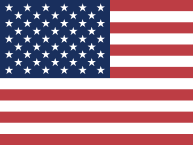
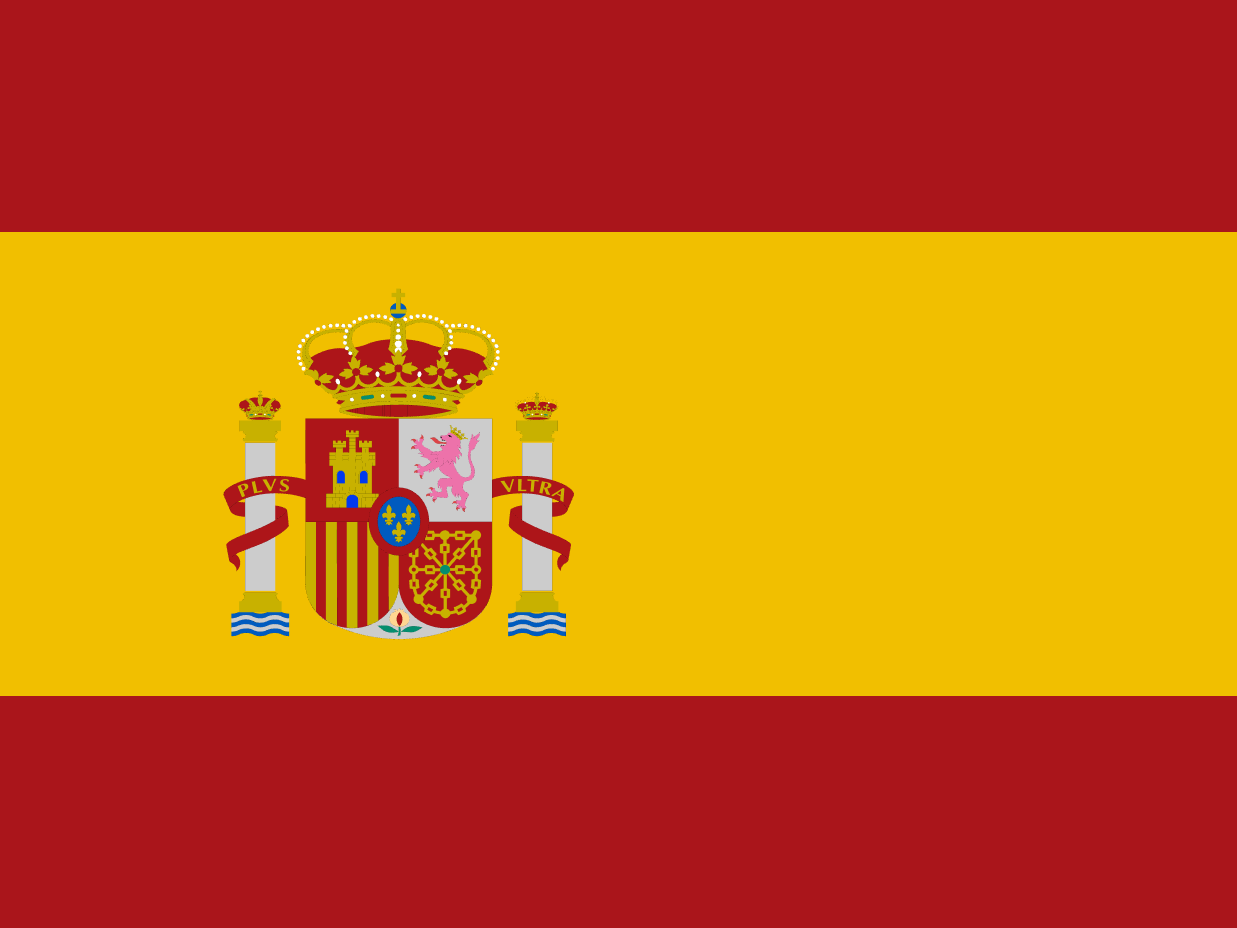




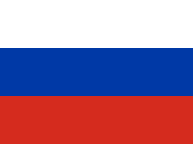
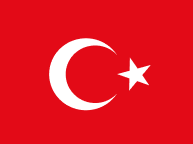
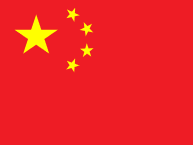
.png)

.svg)
.png)
.png)



.png)

